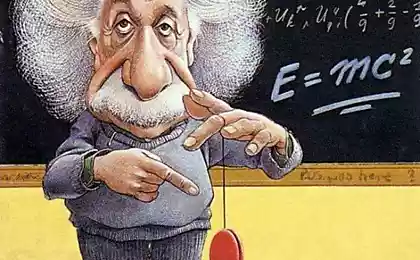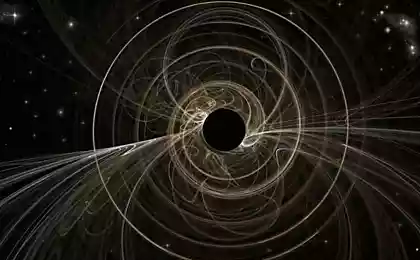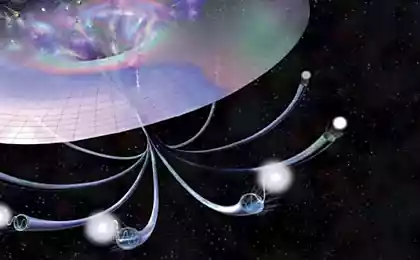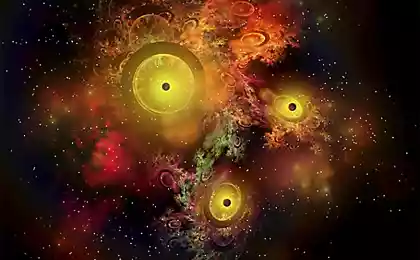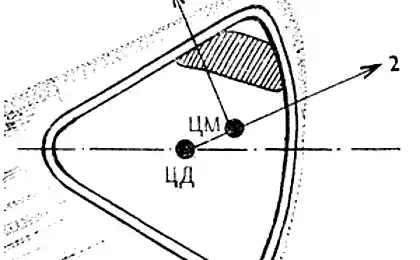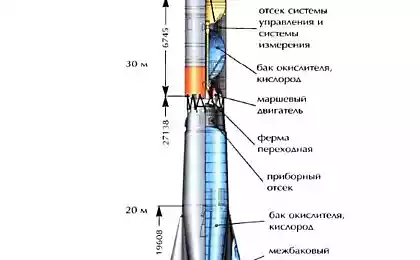784
5 biggest unsolved mysteries of modern physics
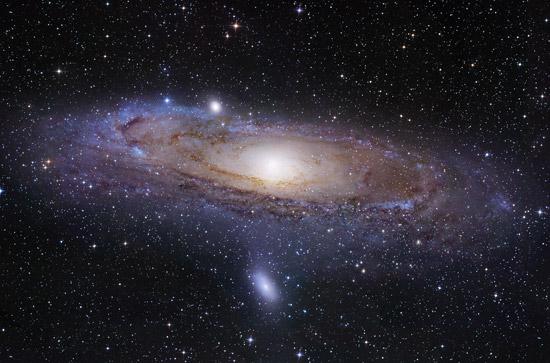
Despite the latest discoveries in the field of physics, the world is still full of unsolved mysteries. What questions modern scientists still unsuccessfully trying to find the answers?
1. What is dark energy? Dark energy - is something that would explain to us why the universe continues to expand, despite the fact that the main action in her power - the power of attraction, it is also gravity - it counteracts. That gives a definition of dark energy Wikipedia:
"Dark energy is the cosmological constant - constant energy density, uniformly filling the space of the universe (ie, postulated a non-zero vacuum energy);
Dark energy is a kind of quintessence - a dynamic field whose energy density can vary in time and space. »
Based on the observed growth of the universe, scientists have concluded that dark energy should be at least 70% of the total universe. But still it is not clear what it is and where to look.
2. What is dark matter? It is rather paradoxical thing: a form of matter does not emit electromagnetic radiation and not to engage with him to the interaction. Accordingly, it can neither see nor as a watch.
It is evident that about 84% of the matter in the universe does not absorb or emit light. The existence and properties of dark matter can be inferred from its gravitational radiation and the structural impact of the universe. Dark Matter (probably) can be composed of weakly interacting particles of gravity, but so far none of the detectors could not detect these particles.
3. Why is there a time axis? Well, time moves forward, not only on our subjective feelings, but from the point of view of physics. This conclusion can be drawn based on the properties of the universe, called "entropy" - measures that determines the degree of disorder of a system of many elements. In our universe in chaos, which is constantly increasing: the entropy increases continuously, speaking the language of science.
Timeline - is a concept that describes the time as a direct, extended from the past to the future. "In all processes there is a preferred direction in which the processes are themselves from a more ordered state to a less orderly." Therefore, in the distant past entropy of the universe was less in the future - there will be more. But why? ..
4. Are there parallel universes? Parallel Universes came to us from the world of science fiction, but in the last two decades, have become a full-fledged scientific hypothesis multiverse: the existence of a huge (or even infinite) number of parallel universes.
Quantum mechanics allows you to even suggest their number. According to calculations conducted in 2009, physicist Andrei Linde and Vitaly Vanchurinym, formed after the Big Bang in the tenth of ten degrees in the tenth degree of the seventh degree (10 ^ 10 ^ 10 ^ 7) universes. A lot of. Lots of. Still not infinite. Although for us this number really is infinite: the human brain is not able to absorb more than a decade in the sixteenth degree (10 ^ 16) bits of information in a lifetime. The result is that the person can not perceive more than ten degrees in the tenth to the sixth power of the observed configurations.
But we digress: even if there are parallel universes, our knowledge of them is still only in the assumptions.
5. Why is the universe of matter is much more than anti-matter? At the heart of our understanding of the structure of the world is the concept of universal harmony - at the level of subjective feelings, and at the level of scientific knowledge. Accordingly, we can assume that after the Big Bang should have formed the same number of particles and antiparticles. But if it happened, particle-antiparticle pairs mutually swallowed each other protons with antiprotons, electrons with anti-electrons, neutrons and antineutrons t. E., Leaving only dull endless sea of photons. However, the matter is much larger than antimatter, which allows all of us, in fact, be a puzzle over mystery: why did it happen?
via factroom.ru
10 most bizarre futuristic concepts of human evolution
With the LHC scientists were able to find the Higgs boson

